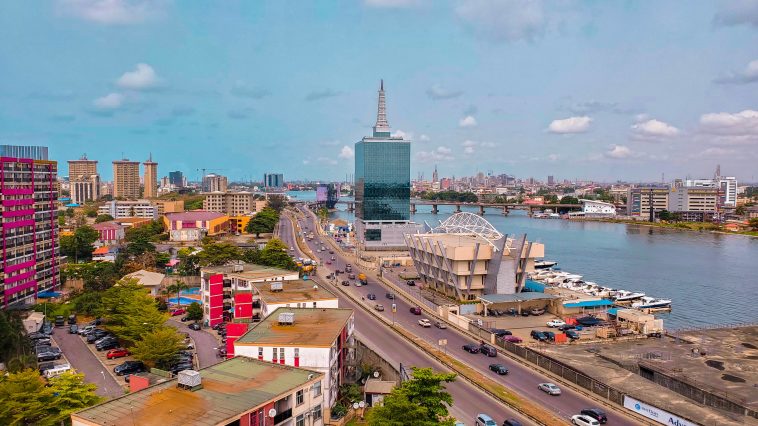The Nigerian federal government has secured around $500m to launch a domestic funding program to enhance innovation and entrepreneurship in the nation’s digital sector. This development was announced by Bosun Tijani, the Minister of Communications and Digital Economy, during a dinner hosted in collaboration with the World Bank in Abuja.
Furthermore, in association with the NIMC, the World Bank intends to introduce digital national IDs for 148m Nigerians by June 2024, as reported by ThisDay. The minister emphasized the government’s strategy to keep the funding local, ensuring genuine Nigerian businesses benefit, and mentioned a partnership with the Bank of Industry.
How FG plans to start local funding with $500m
The minister stressed the importance of partnering with companies that guarantee the funds directly benefit Nigerian enterprises. Additionally, he aims to attract more investors to amplify the available funds for local digital businesses.
Bosun Tijani, the Nigerian Minister of Communications, Innovation, and Digital Economy, stated, “We’ve secured access to approximately half a billion dollars for initiating local funding.” He elaborated, “Working alongside BOI, one of my primary duties is to ensure these funds remain within Nigeria and to collaborate with firms that manage and invest, ensuring the beneficiaries are authentic Nigerian businesses.”
World Bank to collaborate with NIMC to roll out national IDs for Nigerians.
At the recent dinner event, Shubham Chaudhuri, the World Bank Country Director for Nigeria, reiterated the institution’s dedication to combating poverty, enhancing lives, and generating job opportunities for Nigeria’s youth.
As quoted, Shubham Chaudhuri, the World Bank’s representative for Nigeria, stressed the need to harness digital technologies for transformative purposes. He highlighted two primary collaboration areas with Nigeria. Chaudhuri underscored the significance of a digital national ID as the cornerstone for such digital transformation. He confirmed that the World Bank is working closely with the National Identity Management Commission (NIMC) to facilitate the Nigerian populace’s rollout and registration of these digital IDs.
He elaborated that the objective is to equip at least 148 million working-age individuals with this digital ID by mid-next year, signifying a notable move towards broader inclusivity and reach.
Our primary objective in Nigeria is to eradicate poverty, enhance living standards, and provide job opportunities for the youth. The use of digital technologies offers immense transformative potential. The foundation for this transformation is the digital national ID.
One of our key collaborations involves working with NIMC to facilitate the registration of a digital national ID for the entire Nigerian population, estimated at 213/220 million. The initial focus is on working-age individuals, aiming to reach at least 148 million people by mid-next year.
The secondary focus is assisting Nigeria in spearheading broadband infrastructure to ensure connectivity. Without such connectivity, using digital technologies might result in a digital divide. Thus, our emphasis has been on promoting sound policies and regulations that encourage private investment in areas like fiber optic cables.
A specific initiative involves collaborating with states to persuade them to lower right-of-way fees for fiber cable installation. When cable operators seek land to deploy cables, these reduced fees can ease the process. Once the foundation, like the national ID, is set, it paves the way for technological advancements. This infrastructure allows for development of apps that offer services, including financial access, to the public. However, harnessing these opportunities requires the right skill set.



